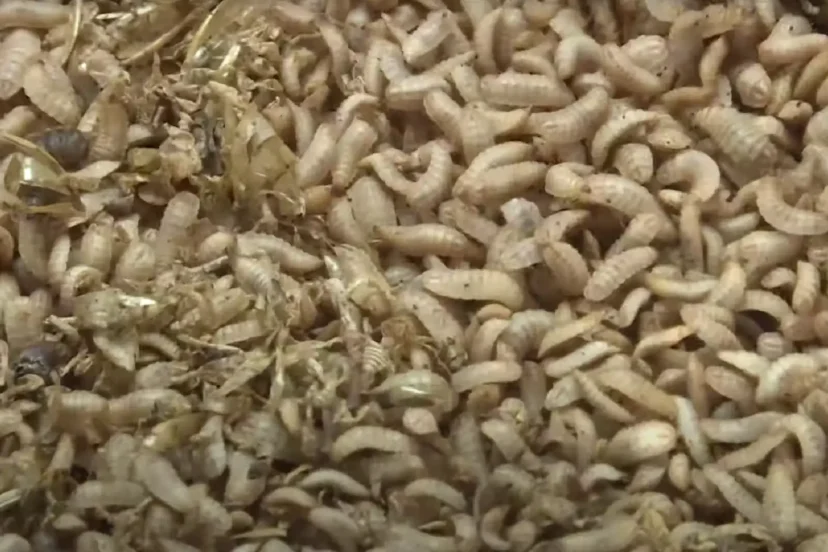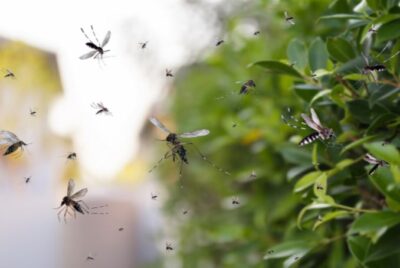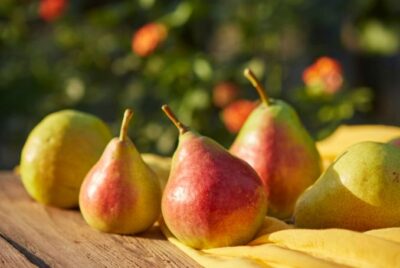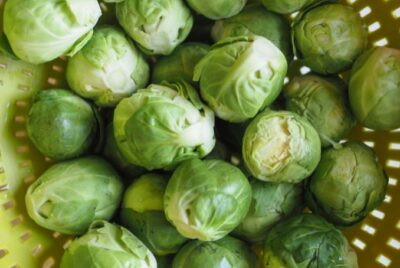Insect-Based Feed Strategy for Feed Cost Reduction in Poultry Farming
The global poultry industry faces a significant economic challenge due to the rising costs of traditional chicken feed. As feed expenses constitute a substantial portion of production costs, the profitability and sustainability of poultry farming are under threat. To address the challenge of feed cost reduction, an alternative solution has gained traction in recent years: insect-based feed.
This article delves into this issue, exploring the factors behind the increasing costs of traditional feed, the economic impacts, and the innovative strategies farmers adopt to mitigate these challenges.
Understanding the Rising Costs of Traditional Chicken Feed
Traditional chicken feed primarily consists of grains like corn and soybeans. The surge in their costs can be attributed to several factors:
- Increased Demand: Using grains in biofuel production and human consumption has escalated demand, increasing prices.
- Global Market Trends: Fluctuations in commodity prices influenced by international trade dynamics impact feed costs.
- Transportation Costs: Rising fuel prices increase the cost of importing and transporting feed ingredients.
- Climate Change: Extreme weather events and shifting growing conditions affect crop yields, leading to unpredictable supply and pricing.
Factors Contributing to the Increase in Feed Prices

In addition to the demand for grains, other factors contribute to the increase in feed prices. Fluctuating commodity prices, such as those influenced by global market trends, can lead to volatile feed costs.
For example, geopolitical tensions or trade disputes between major grain-producing countries can disrupt the supply chain and cause prices to soar. Poultry farmers must navigate these uncertainties and adapt their feed-sourcing strategies accordingly.
Moreover, transportation costs play a significant role, as fuel prices directly impact the expenses of importing or transporting feed ingredients. The increasing fuel prices can lead to higher transportation costs, making it more expensive for farmers to bring feed from distant suppliers. This adds a layer of financial burden to poultry farmers already grappling with the rising costs of traditional feed.
Climate change also poses challenges for feed production, as extreme weather events and changing growing conditions can affect crop yields and availability. Poultry farmers must deal with the cascading effects of these climate-related challenges on feed prices.
For instance, droughts can lead to reduced grain harvests, resulting in a decrease in feed supply and an increase in prices. This vulnerability to climate change further exacerbates the economic strain on poultry farmers.
Insect-Based Feed to Combat Rising Feed Costs
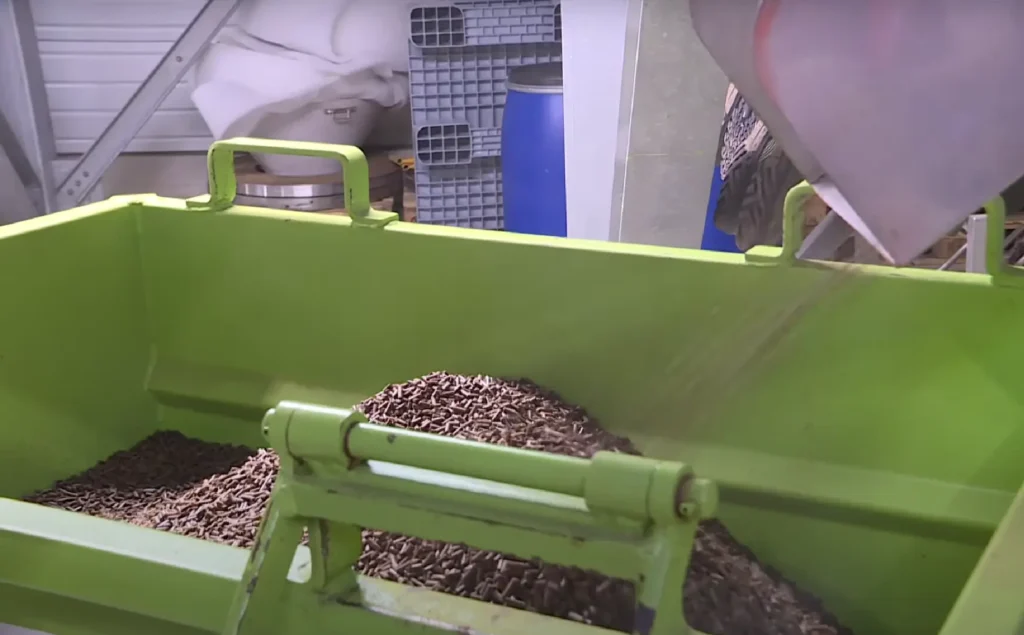
Adopting insect-based feed presents a novel and effective strategy to combat the rising costs of traditional poultry feed.
Insects like black soldier flies, mealworms, and crickets are not only rich in proteins and essential nutrients but also more environmentally sustainable to produce compared to conventional grain-based feeds. This sustainability stems from insects’ lower land and water requirements and their ability to be farmed using organic waste.
By incorporating insects into poultry diets, farmers can significantly reduce their reliance on increasingly expensive grains, thus mitigating the economic pressures from fluctuating global commodity prices.
Moreover, the use of insect-based feed could lead to leaner, more efficient farming operations with potentially higher profit margins, as the poultry products can appeal to farmers who are environmentally conscious and interested in sustainable farming practices.
Read also: DIY Insect Farming: Essential Tips for Beginners
Conclusion
Adopting insect-based feed in poultry farming presents a viable strategy for reducing feed costs while promoting sustainability. As the industry grapples with economic pressures and environmental concerns, this innovative approach offers a path forward. However, success in this area depends on overcoming regulatory challenges, ensuring food safety, and shifting consumer perceptions.
With continued research and development, insect-based feed has the potential to revolutionize poultry farming, making it more economically viable and environmentally friendly.

